The euro: will the single currency survive the coronavirus?
The EU has failed to convince anyone that it has either the will or the tools to keep the eurozone together in the face of the coronavirus epidemic.
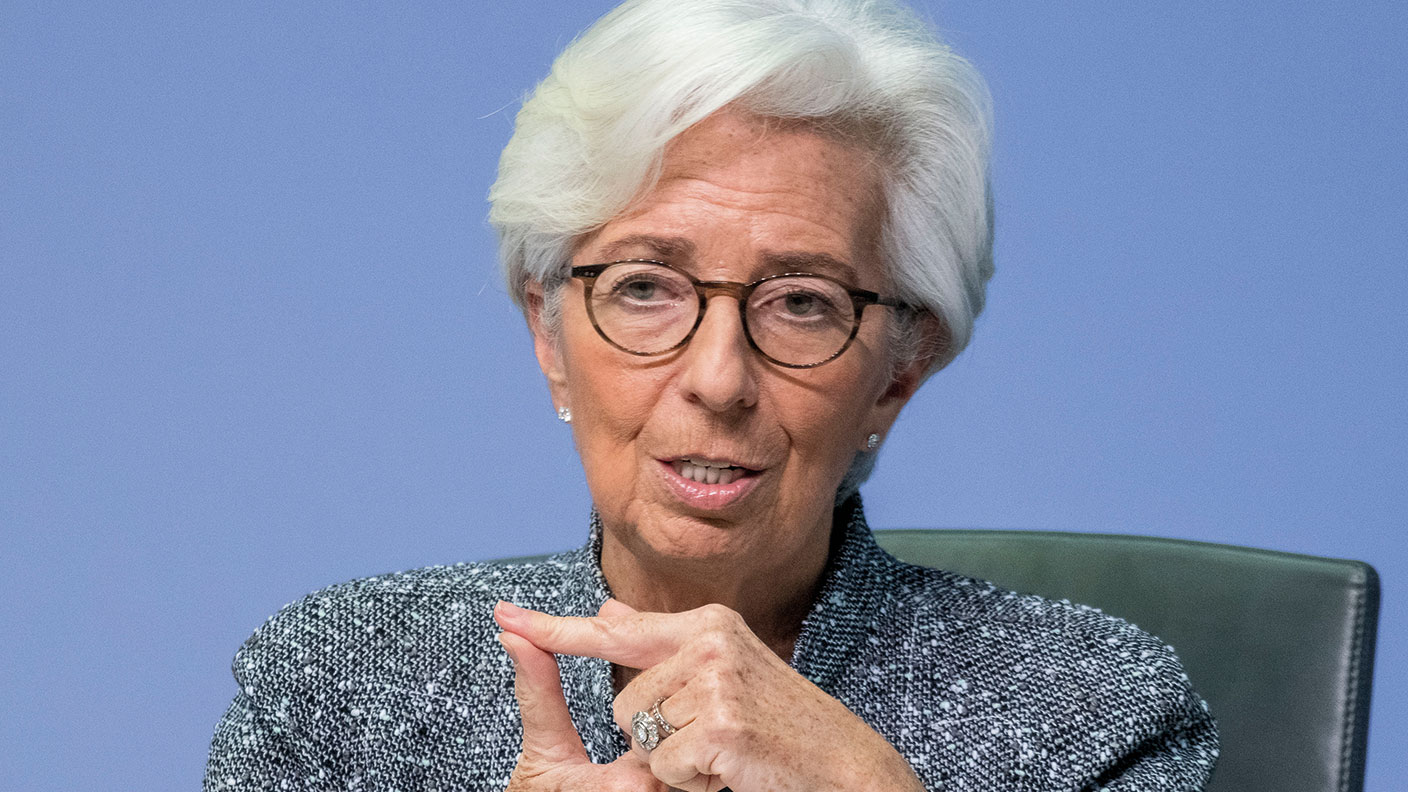
Get the latest financial news, insights and expert analysis from our award-winning MoneyWeek team, to help you understand what really matters when it comes to your finances.
You are now subscribed
Your newsletter sign-up was successful
Want to add more newsletters?

Twice daily
MoneyWeek
Get the latest financial news, insights and expert analysis from our award-winning MoneyWeek team, to help you understand what really matters when it comes to your finances.

Four times a week
Look After My Bills
Sign up to our free money-saving newsletter, filled with the latest news and expert advice to help you find the best tips and deals for managing your bills. Start saving today!
“We are at war,” declared French president Emmanuel Macron this week as France became the latest European country to order a lockdown of its population to halt the Covid-19 epidemic. Italy and Spain have already brought in similar measures, meaning that 170 million Europeans are now confined to their homes. Most European countries have closed schools and restrictions are tightening on non-essential shops and entertainment venues. The European Union has also closed its external border.
A spending splurge
Faced with an economic maelstrom that could be “more painful than 2008”, European governments have started to roll out measures to mitigate the impact, says the Financial Times. Germany has announced €500bn in loans for companies hit by the pandemic, while Italy is contemplating a one-off €500 per person payment for the self-employed. Tax payment extensions have become common, with Sweden allowing businesses to defer payments for up to a year at a cost of €27.5bn, or 6% of GDP. President Macron has pledged that “no company, of any size, will be allowed to go bankrupt”.
The canary in the coalmine
Italy will be the “canary” in the economic coal mine, says Marchel Alexandrovich in The Guardian. Prime Minister Giuseppe Conte has spoken of his country facing its “darkest hour”.
MoneyWeek
Subscribe to MoneyWeek today and get your first six magazine issues absolutely FREE

Sign up to Money Morning
Don't miss the latest investment and personal finances news, market analysis, plus money-saving tips with our free twice-daily newsletter
Don't miss the latest investment and personal finances news, market analysis, plus money-saving tips with our free twice-daily newsletter
On a reasonable estimate Italian GDP declines for the first and second quarters could come in “twice as bad” as the lowest point of the great recession. JP Morgan forecasts a contraction of 7.5% in first quarter Italian GDP.
Italy has announced a €25bn stimulus plan, but markets have started to fret about whether the country’s public finances can bear the strain, says The Economist. With government debt already above 130% of GDP, yields on the country’s bonds have been ticking up even as the German government’s borrowing costs have fallen.
Lagarde’s gaffe
European Central Bank (ECB) president Christine Lagarde’s comment that it was not her job to “close spreads” between the bonds of various eurozone governments spooked markets last week. The implication that the ECB wouldn’t stand behind Italian bonds was an epic blunder that was quickly retracted, says Jon Sindreu in The Wall Street Journal.
Investors should look past the furore about spreads and think about what the ECB has actually announced, says Ferdinando Giugliano on Bloomberg. The central bank has added €120bn to its asset purchase programme, whereby it acquires government and corporate bonds with printed money in order to inject cash into the system.
The ECB has also announced a significant expansion of its targeted longer-term refinancing operations (TLTRO) programme, which provides very cheap loans to banks. It also signalled its willingness to deviate temporarily from rules capping how many Italian and Spanish government bonds it can own. The announcements “should provide meaningful relief to banks, companies and governments”.
“Black Zero” no more
With interest rates below zero governments will need to step in with a large fiscal response to Covid-19. Yet early this week eurozone finance ministers had only agreed to cautious steps, such as easing budgetary rules and the activation of the €410bn European Stability Mechanism, the Union’s crisis fund. Lucas Guttenberg of the Jacques Delors Centre told the FT that the bloc has so far “failed to send a clear message that it has the political will and the tools ... to keep the eurozone together in the coming months”.
German caution has been the main obstacle to the massive coordinated fiscal response for which Macron, among others, is calling. Yet even Germany has started to loosen the purse strings, says Marcus Ashworth on Bloomberg. Angela Merkel’s government has long made a fetish of its “black zero” balanced budget policy. Yet Lagarde’s gaffe and the consequent bond-market ructions have shocked Berlin into action. With the euro’s viability again in question, finance minister Olaf Scholz pledged to loosen the budget rule to provide massive credit support to cash-strapped businesses. “Germany’s Black Zero rule [looks] dead.”
Get the latest financial news, insights and expert analysis from our award-winning MoneyWeek team, to help you understand what really matters when it comes to your finances.
Alex is an investment writer who has been contributing to MoneyWeek since 2015. He has been the magazine’s markets editor since 2019.
Alex has a passion for demystifying the often arcane world of finance for a general readership. While financial media tends to focus compulsively on the latest trend, the best opportunities can lie forgotten elsewhere.
He is especially interested in European equities – where his fluent French helps him to cover the continent’s largest bourse – and emerging markets, where his experience living in Beijing, and conversational Chinese, prove useful.
Hailing from Leeds, he studied Philosophy, Politics and Economics at the University of Oxford. He also holds a Master of Public Health from the University of Manchester.
-
 Plan 2 student loans: a tax on aspiration?
Plan 2 student loans: a tax on aspiration?The Plan 2 student loan system is not only unfair, but introduces perverse incentives that act as a brake on growth and productivity. Change is overdue, says Simon Wilson
-
 Early signs of the AI apocalypse?
Early signs of the AI apocalypse?Uncertainty is rife as investors question what the impact of AI will be.
-
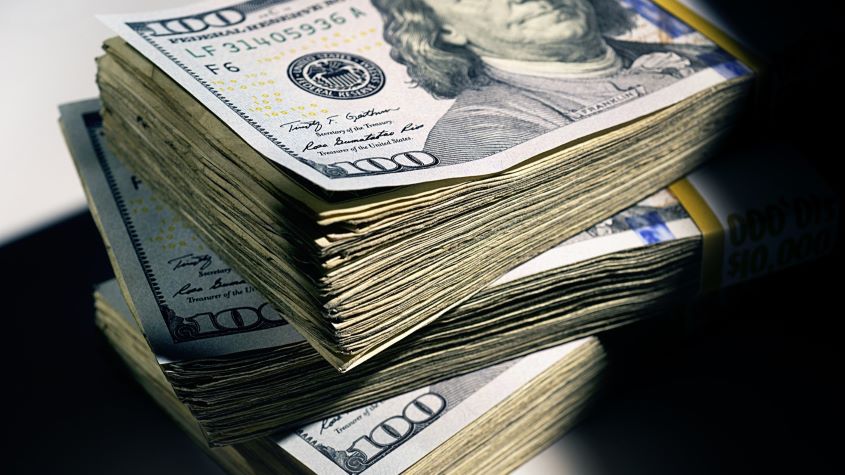 Why you should keep an eye on the US dollar, the most important price in the world
Why you should keep an eye on the US dollar, the most important price in the worldAdvice The US dollar is the most important asset in the world, dictating the prices of vital commodities. Where it goes next will determine the outlook for the global economy says Dominic Frisby.
-
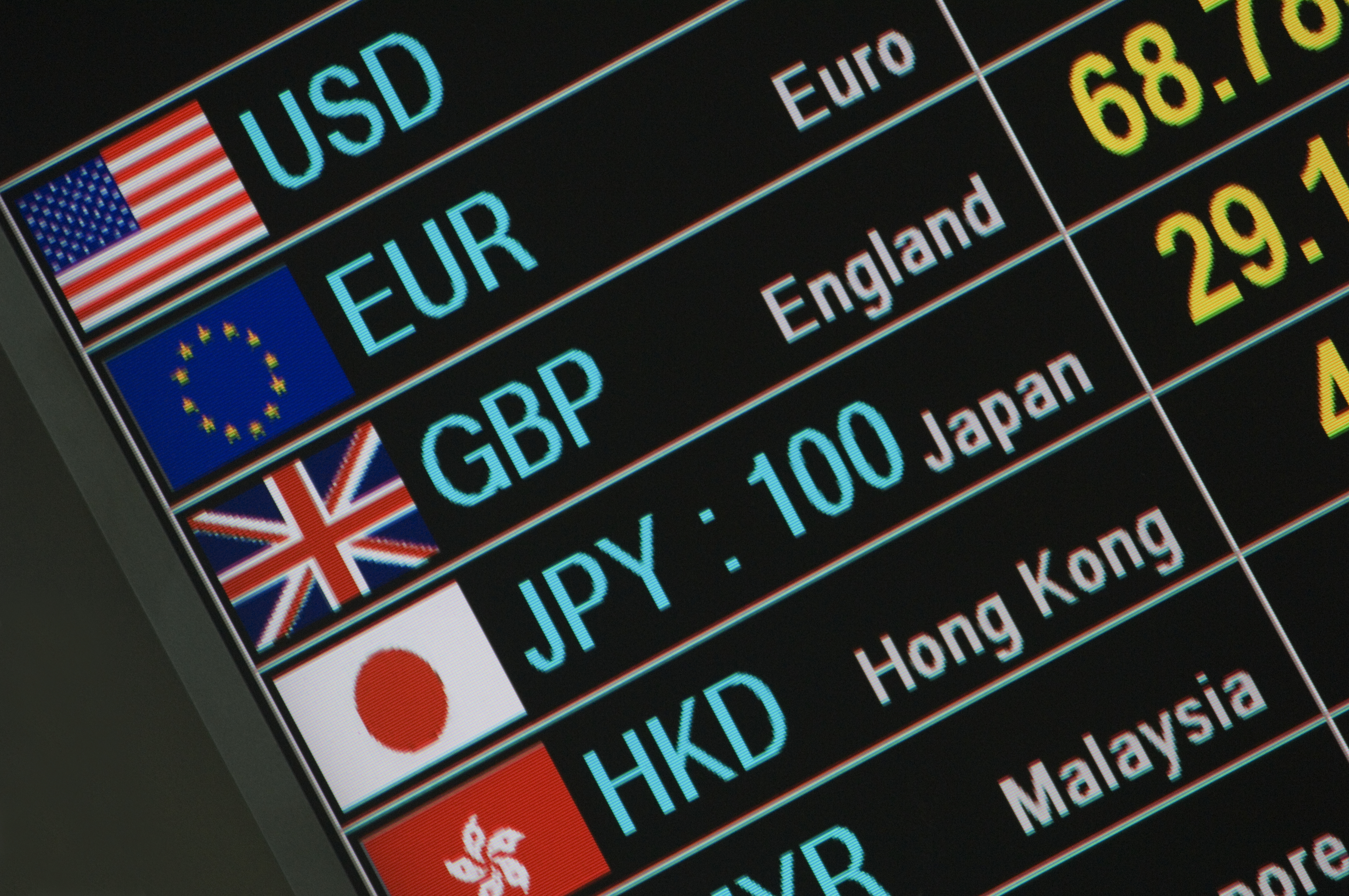 What is FX trading?
What is FX trading?What is FX trading and can you make money from it? We explain how foreign exchange trading works and the risks
-
 The Burberry share price looks like a good bet
The Burberry share price looks like a good betTips The Burberry share price could be on the verge of a major upswing as the firm’s profits return to growth.
-
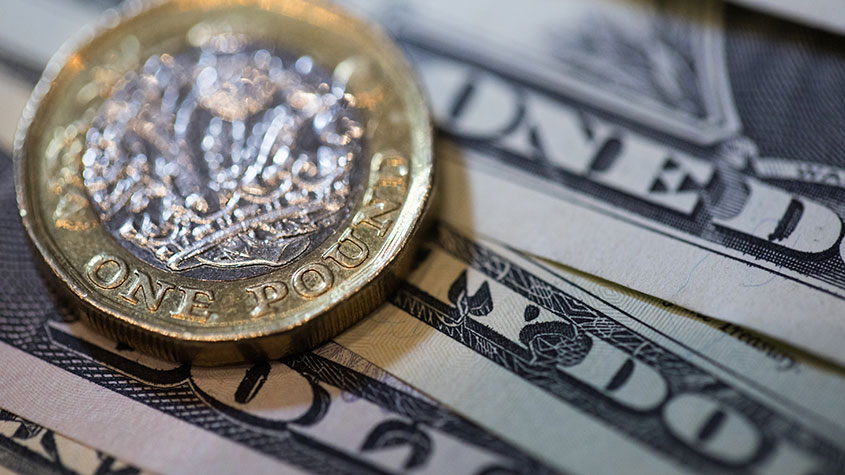 Sterling accelerates its recovery after chancellor’s U-turn on taxes
Sterling accelerates its recovery after chancellor’s U-turn on taxesNews The pound has recovered after Kwasi Kwarteng U-turned on abolishing the top rate of income tax. Saloni Sardana explains what's going on..
-
 Why you should short this satellite broadband company
Why you should short this satellite broadband companyTips With an ill-considered business plan, satellite broadband company AST SpaceMobile is doomed to failure, says Matthew Partridge. Here's how to short the stock.
-
 It’s time to sell this stock
It’s time to sell this stockTips Digital Realty’s data-storage business model is moribund, consumed by the rise of cloud computing. Here's how you could short the shares, says Matthew Partridge.
-
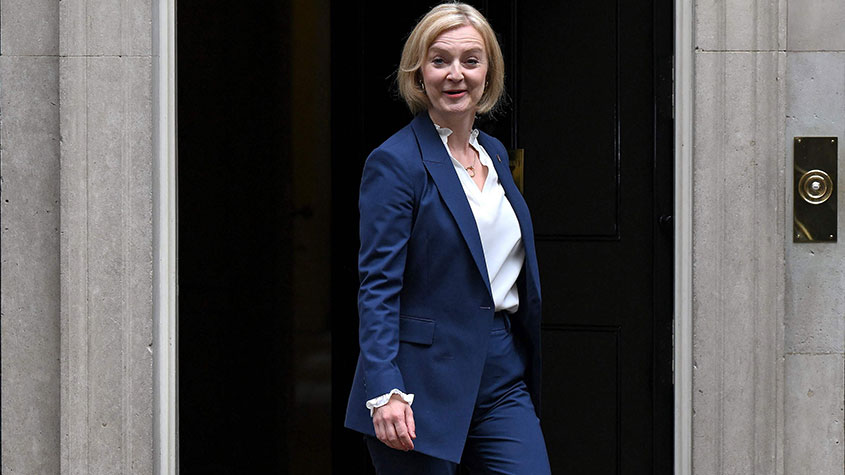 Will Liz Truss as PM mark a turning point for the pound?
Will Liz Truss as PM mark a turning point for the pound?Analysis The pound is at its lowest since 1985. But a new government often markets a turning point, says Dominic Frisby. Here, he looks at where sterling might go from here.
-
 Are we heading for a sterling crisis?
Are we heading for a sterling crisis?News The pound sliding against the dollar and the euro is symbolic of the UK's economic weakness and a sign that overseas investors losing confidence in the country.